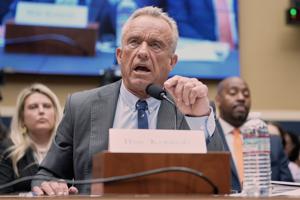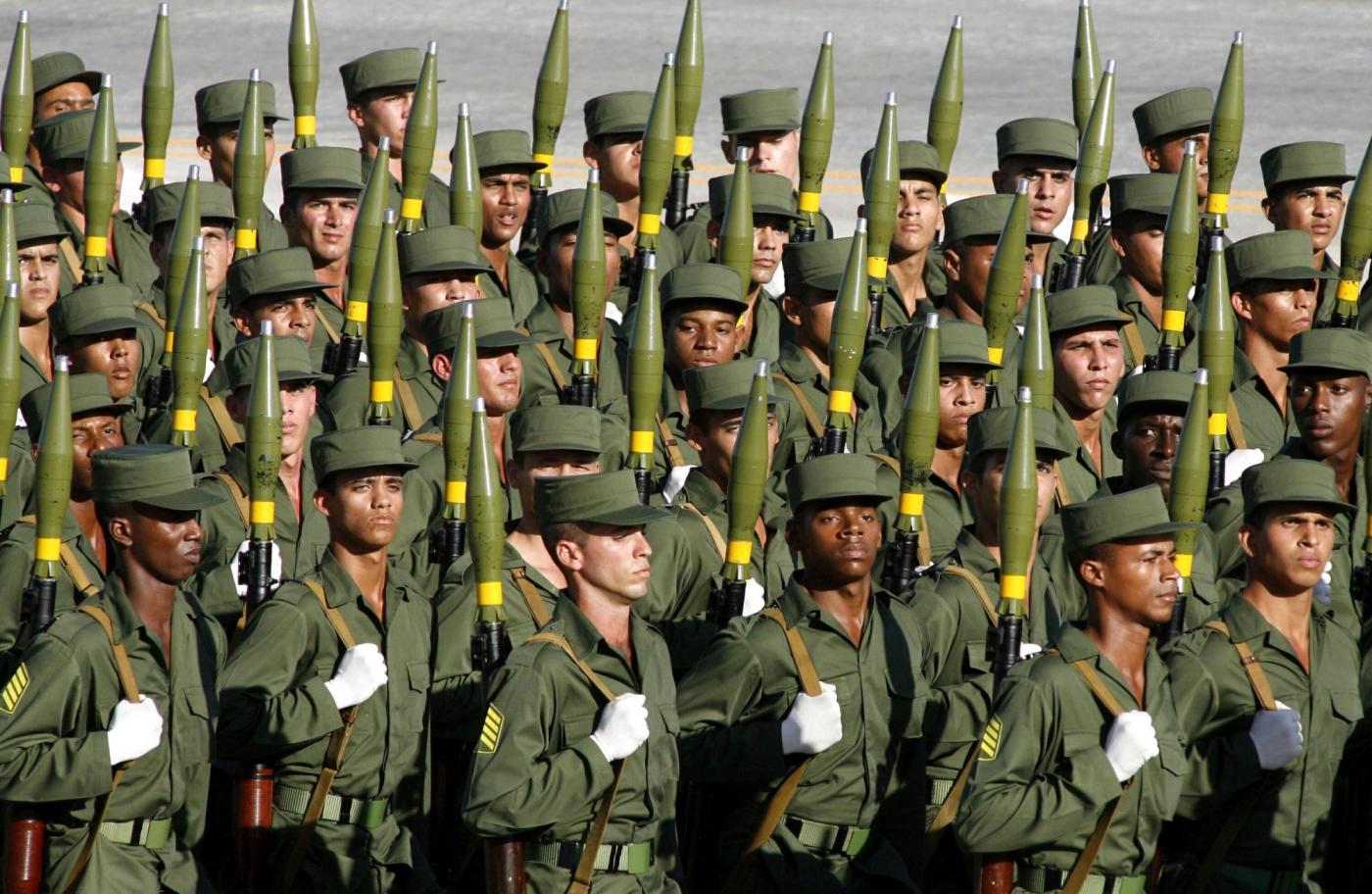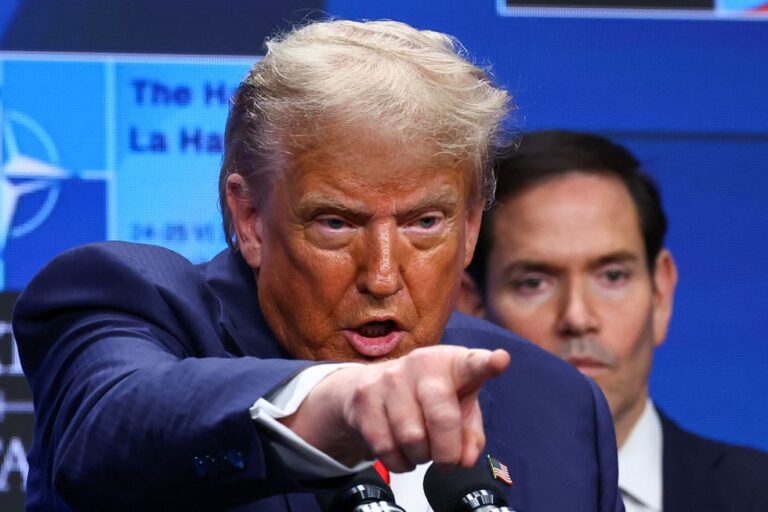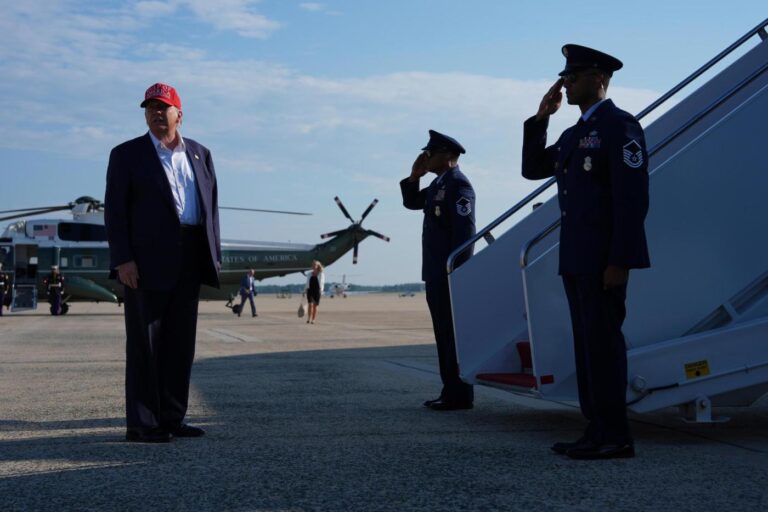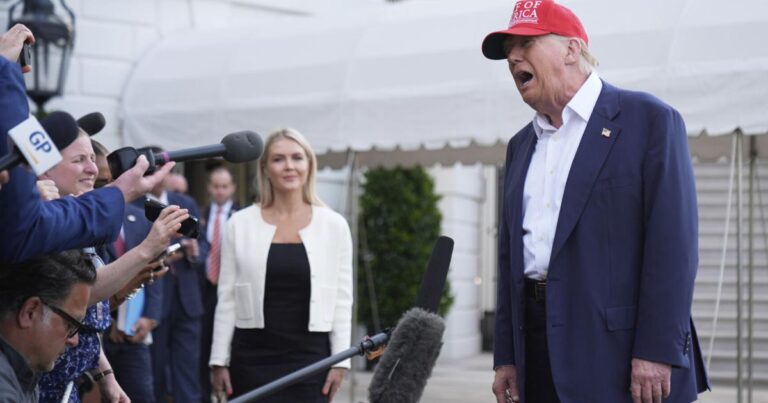In a significant escalation of its Cuba policy, the Trump administration announced it will impose sanctions on foreign companies that engage in business with military-affiliated firms in Cuba. This move is part of a broader “maximum pressure” campaign directed at the communist-run island, as promised by Secretary of State Marco Rubio. The sanctions, which were disclosed by a source to the Miami Herald, aim to penalize any company providing “direct or indirect support” to entities owned by the Cuban military, thereby extending U.S. sanctions to impact firms from third countries.
These measures are rooted in a national security memorandum signed by President Donald Trump, outlining a new Cuba policy. The memorandum seeks to dismantle “economic practices that disproportionately benefit the Cuban government or its military, intelligence, or security agencies or personnel at the expense of the Cuban people.”
Background and Context
The announcement comes amidst a longstanding contentious relationship between the United States and Cuba, which has seen periods of both thaw and tension. The Obama administration had previously taken steps towards normalizing relations, easing travel restrictions, and opening diplomatic channels. However, the current administration’s approach marks a sharp reversal, emphasizing a hardline stance against the Cuban government.
Historically, U.S. sanctions against Cuba have been a tool for exerting political pressure, aimed at promoting democratic reforms and human rights improvements. The Helms-Burton Act of 1996, for instance, codified the U.S. embargo against Cuba, limiting the ability of foreign companies to do business with the island without facing repercussions in the U.S. market.
Implications for International Relations
The move represents a significant shift in U.S. foreign policy, potentially straining relations with countries whose companies might be affected by the sanctions. European and Canadian firms, which have historically maintained business ties with Cuba, could find themselves in a precarious position, having to navigate the complexities of U.S. sanctions while maintaining their operations in Cuba.
According to sources familiar with the matter, the sanctions could affect a wide range of sectors, from tourism to telecommunications, where military-owned companies in Cuba have a substantial presence. This could lead to a reevaluation of business strategies by foreign firms, weighing the risks of U.S. penalties against the benefits of Cuban market access.
Expert Opinions and Analysis
Experts in international trade and foreign policy have weighed in on the potential ramifications of the new sanctions. John Kavulich, president of the U.S.-Cuba Trade and Economic Council, noted that the sanctions could “create a chilling effect” on foreign investment in Cuba, as companies may opt to avoid the risk of U.S. penalties altogether.
“The U.S. is sending a clear message that doing business with Cuba’s military is not acceptable,” Kavulich stated. “This could lead to a significant reduction in foreign capital inflows to the island, impacting its already struggling economy.”
Meanwhile, critics of the administration’s policy argue that such measures may further isolate the Cuban people and hinder economic opportunities that could lead to gradual political change. They contend that engagement, rather than isolation, is a more effective strategy for fostering reform.
Looking Ahead
The future of U.S.-Cuba relations remains uncertain as the new sanctions take effect. The Cuban government is likely to respond with measures of its own, potentially seeking closer ties with allies such as Russia and China to offset the impact of reduced Western investment.
As the international community watches closely, the unfolding situation in Cuba will serve as a barometer for the effectiveness of the Trump administration’s foreign policy strategy. The coming months will reveal whether these sanctions will achieve their intended goals or merely exacerbate existing tensions.
For now, companies with interests in Cuba must carefully assess their positions, balancing the risks of U.S. sanctions with the potential rewards of maintaining their presence in the Cuban market. The global business landscape continues to evolve as geopolitical dynamics shift, underscoring the complexity of international trade in an increasingly interconnected world.



